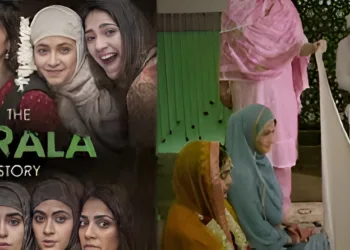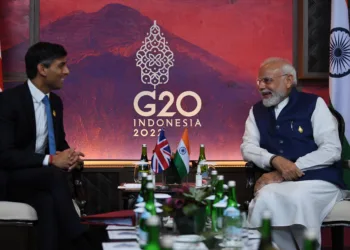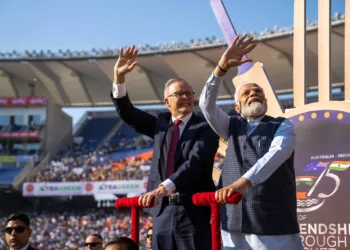A refreshingly new and insightful perspective on Gandhi for today’s youth
By Tilak Jha
In every next class of journalism that I have taught, at some point of time Mahatma Gandhi comes knocking, often as an object of criticism. Partition, Kashmir, Nehru’s ascension as PM or Gandhi’s lifelong advocacy of ahimsa or non-violence are the usual baits to diminish his overarching presence on the Indian psyche. Of late, I also find many in the younger generation fixated on Gandhi’s experiments with his body and soul in his own life – something nobody talked about other than he himself.
With growing awareness of caste, gender and religious identities, the Gandhian consciousness has faced newer challenges from radical Ambdekarites, feminists and communal leaders. Contemporary social media debates have completed this circle by depicting Gandhi, and not just him, in black and white terms by picking and choosing facts.
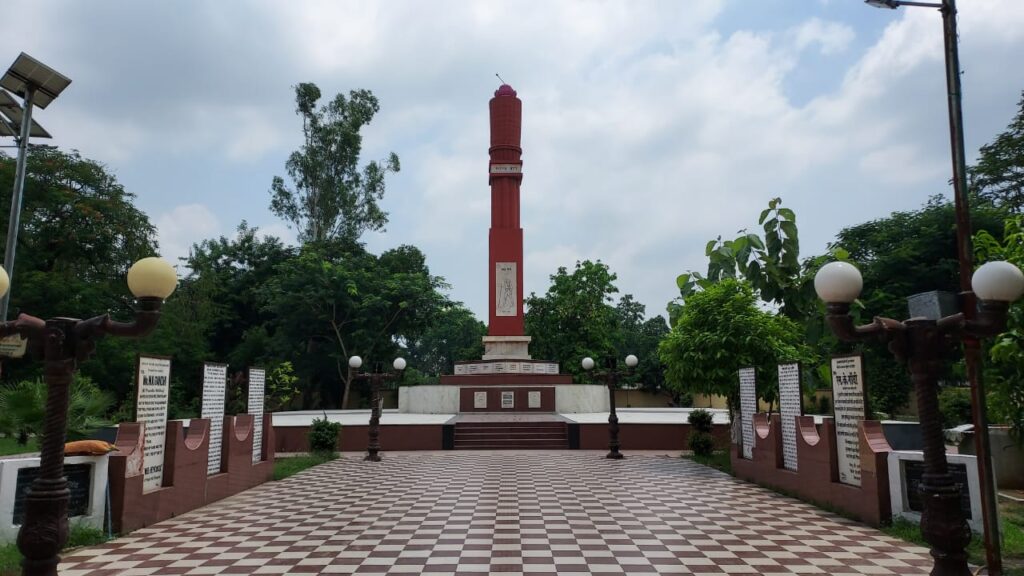
Gandhi somehow appears to have become a symbol of not just the social and political failures of leaders on whom he exercised little control towards the end of his life. Gandhi’s life of simplicity and experiments with truth also runs contradictory to the growing culture of consumerism and over-indulgence among today’s youth.
Salvaging Gandhi
As a journalism faculty, I do not have to salvage Gandhi. Gandhi doesn’t need me to be save his legacy. There are enough Barack Obamas and Nelson Mandelas in all times to realise what Gandhi did and tell the whole world far more eloquently.
Also, I am no Gandhian in the traditional sense of the term. Rather, I have had serious issues with his acquiescence on matters of religion and Partition. Like most of today’s youngsters, I also grew up hearing about him as a symbol of weakness. Thank God, there was no social media and WhatsApp University when I was young!
Honestly, I don’t know how my Gandhi would have been today if I grew up developing unyielding views on the Mahatma without ever reading, imbibing or understanding him through my own experiments with life and truth.
However, I have been through the many journeys which every next generation undertakes in a new context. And, I understand their challenges as a fellow lifelong student. Hence, I make it a point to leave a few thoughts to ponder over to every next generation of journalism student interested in Gandhi in any way – love, hate or ignorance.
Three instances
First: Gandhi was one of the finest journalists who wielded the power of pen like no other.
Journalist Gandhi published papers without any advertisements – all of whom enjoyed wide circulation and generated enough means to survive.
Gandhi’s journalism, as he once noted, was not for journalism’s sake but “merely as an aid” to what he conceived to be his mission in life – to teach by example.
Gandhi also said that “the sole aim of journalism should be service.”
Second: Gandhi lived a life of utmost simplicity because he could relate to the impoverishment of the masses like no other socio-political leader.
Gandhi’s physical and mental strength came from a strong sense of humanity as reflected in his favourite bhajan:
वैष्णवजन तो तेने कहिये जे पीड़ परायी जाणेरे|
परदुख्खे उपकार करे तोये मनअभिमान नाआणेरे||
Vaishnav Jan to tene kahiye je, peed paraayi jaane re,
Par dukkhe upkaar kare toye, man abhiman na aane re.
[Only he is a man of God who understands the pain of others, one who does good to others without letting pride enter his mind.]
His vouching for Hindu-Muslim unity was based upon the fundamental understanding of the cosmic unity: ईश्वर अल्लाह तेरे नाम (Ishwar Allah Tero Naam) or God is one.
Gandhi hoped that human beings would overcome being Hindu or Muslim, this or that caste and be Godly – “Hari Jan“– the carriers of the timeless traditions of this civilisation to search answers of existential questions for the entire humanity.
Three: The Mahatma Gandhi outgrew Mohandas Karamchand Gandhi by a huge margin. He took that leap as a common man with his worldly weaknesses as any human being has.
To judge Gandhi upon his socio-political failings is an unfair comparison. Even Krishna and Ram had failings which we find unpalatable in contemporary times. Real world has its own ways.
In brief, Gandhi needs to be seen in his entirety and not in bits and parts.
Realise Gandhitva
It is crucial that young people in particular use Gandhi’s methods to try to be like him in their own time and space.
They will soon realise that the leader with the most formidable inner strength among his contemporary politicians gave up power, place and pride not because he could not have had them.
Gandhi genuinely practised his principles and an inclusivity which saw no one as the other without seeking blind belief in him.
To every young aspiring journalist, Gandhi deserves your attention because his methods can help you overcome the personal and professional dilemmas you will face in a corporatising, consumerist and power hungry world.
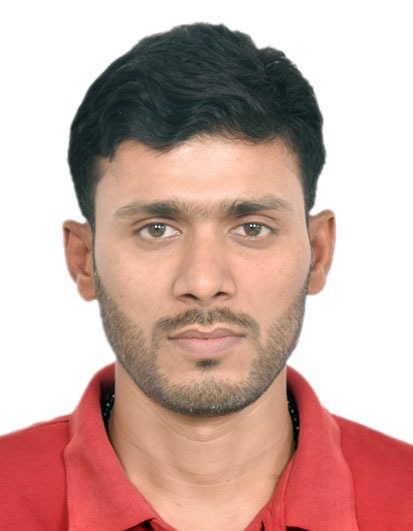
(The writer is Founder, ICANGOVERN, a local governance initiative working towards stimulating community consciousness. Currently, he is Associate Professor of Journalism at Times School of Media, Bennett University.)




